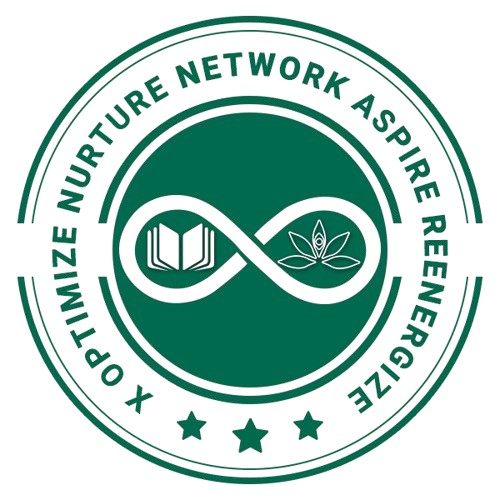How Spending Time Alone Heals Emotional Wounds
In a world full of noise, busy schedules, and constant connection, spending time alone might feel uncomfortable or even lonely. But solitude—choosing to be alone with yourself—can be a powerful tool for healing emotional wounds.
When we face sadness, anxiety, or confusion, our minds can feel overwhelmed. Talking, distracting ourselves, or rushing through feelings sometimes makes it harder to heal. Solitude offers a quiet space where we can slow down and listen deeply to what our heart and mind really need.
Intentional solitude is different from loneliness. It is a peaceful time where you step back from distractions to be fully present with yourself. This can be as simple as sitting quietly in your room, walking alone in nature, or journaling your thoughts without interruptions.
During solitude, you give your feelings room to breathe. You can notice what makes you sad or anxious without judgment. This awareness is the first step to understanding and healing.
Solitude also reduces anxiety by calming the mind. Without the rush of daily life, your body can relax, your breathing can slow, and your thoughts can clear. Many people find that their worries seem smaller or easier to handle after some quiet time alone.
Spending time alone builds self-awareness—the ability to know your needs, strengths, and limits. When you understand yourself better, you can make choices that protect your emotional health and help you grow stronger.
Sometimes, solitude can feel challenging at first, especially if you’re used to being busy or surrounded by people. But like any skill, it becomes easier with practice. Start with a few minutes a day and notice how you feel. Over time, solitude becomes a safe, comforting friend that helps you heal from within.
Remember, healing doesn’t always come from talking or doing—it can also come from simply being with yourself, gently and kindly.
“In the quiet company of ourselves, we find the space to heal, grow, and truly understand our hearts.” — A. Bansal
